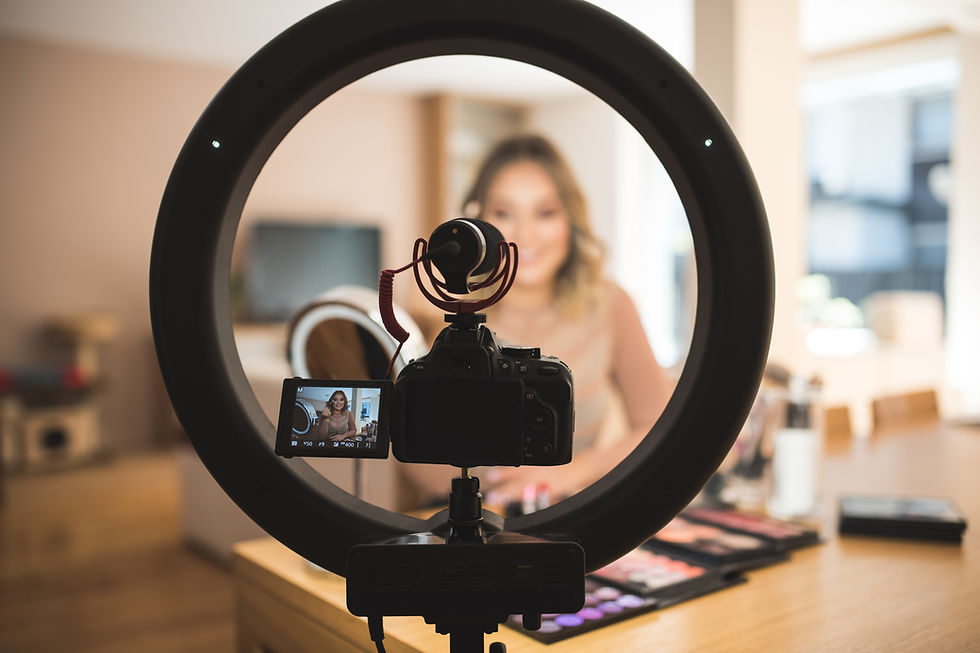Navigating Social Medial :A Guide to Filtering Genuine Guidance from Clickbait.
- sabrinadtherapy
- Apr 22, 2024
- 2 min read

In the vast landscape of social media, it's easy to feel like you're drowning in a sea of information, advertisements, and clickbait. From self-proclaimed digital artists, therapists, coaches to content creators and healers, everyone seems to have something to say. But how do you separate the wheat from the chaff? How do you discern what's worth your time and what's just a swipe away from being forgotten?
Let's face it: social media can often resemble one giant infomercial or shopping channel. But amidst the noise, there are hidden gems—platforms dedicated to providing education and knowledge, especially in the realms of health and mental wellness, often referred to as "psychoeducation". These platforms offer reels, posts, and insights that can be invaluable, particularly when seeking support in challenging times.
However, distinguishing between healthy guidance and toxic clickbait can be a daunting task. Here are some tips to help you sift through the noise:
1. Trust Your Gut:
How does the content make you feel? Does it resonate with you, or does it leave you feeling confused or skeptical? Trust your instincts.
2. Look Beyond the Surface:
Is the creator more focused on projecting a certain image or lifestyle rather than providing genuine value? Are they simply regurgitating quotes without adding any original insight?
3. Demand Evidence:
Is the information backed up by credible citations or resources? Beware of creators who use controversial hooks to grab your attention but fail to support their claims with relevant evidence.
4. Check Credentials:
When it comes to topics like mental health or relationship advice, inquire about the creator's credentials. Do they possess the necessary expertise, knowledge, and experience in the field they're discussing?
5. Question Spiritual Claims:
If someone claims to be a healer, spiritual guide, or pastor, delve deeper into their background. Are they affiliated with a recognized denomination or congregation? Do you see their actions match the cause? Do they have any type of training or mentorship? What are your values when it comes to donations and giving your money to a cause? Do they hold themselves accountable?
6. Mind Your "Wellness":
Be wary of influencers promoting health, exercise, and nutrition advice, especially if it veers into the territory of promoting disordered eating or extreme measures. When in doubt, consult with a healthcare professional.
In a digital landscape where anyone can portray themselves as an expert or influencer, it's crucial to exercise discernment and critical thinking. By applying these principles, you can navigate social media with confidence, separating the signal from the noise and finding content that genuinely enriches your life.


Comments